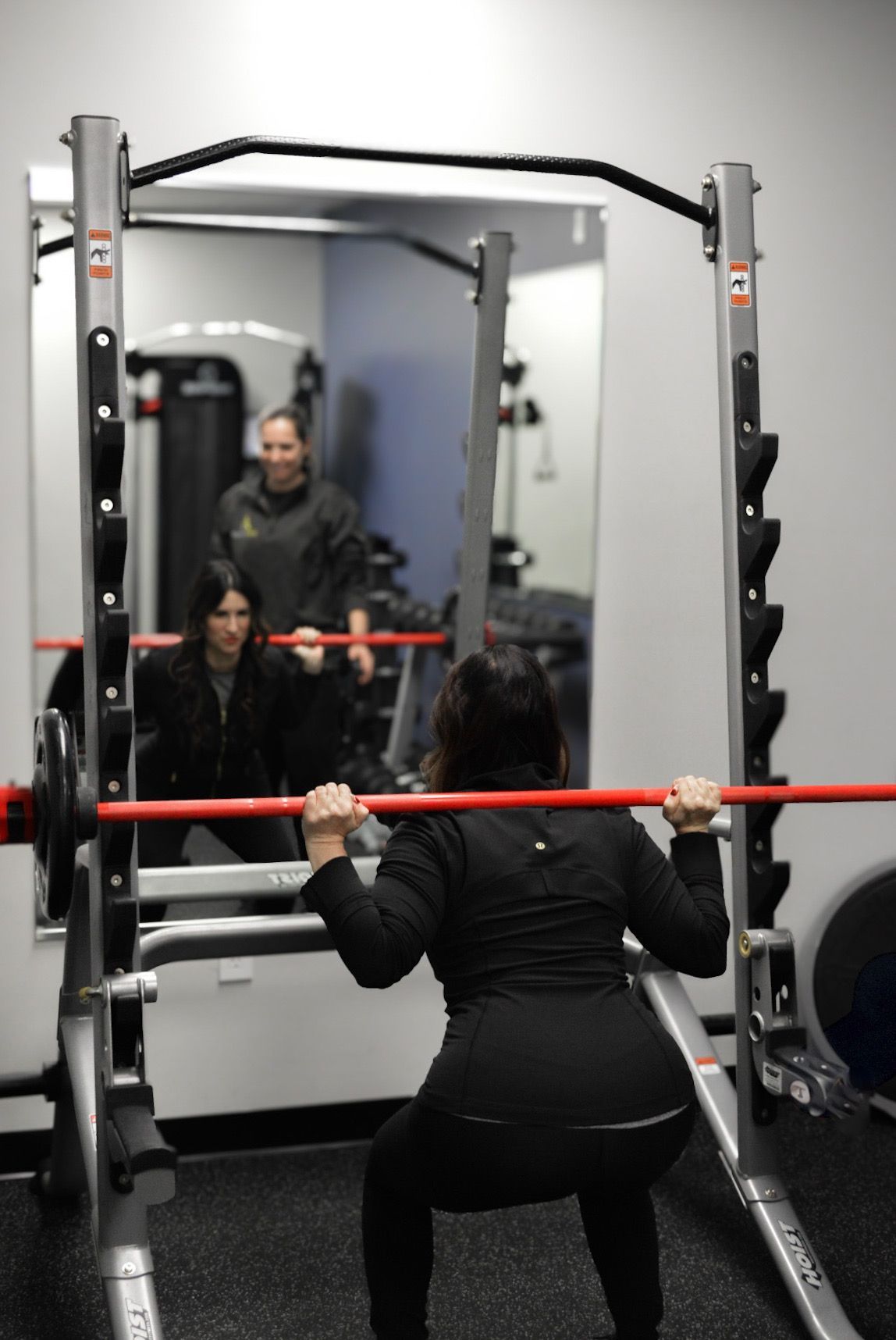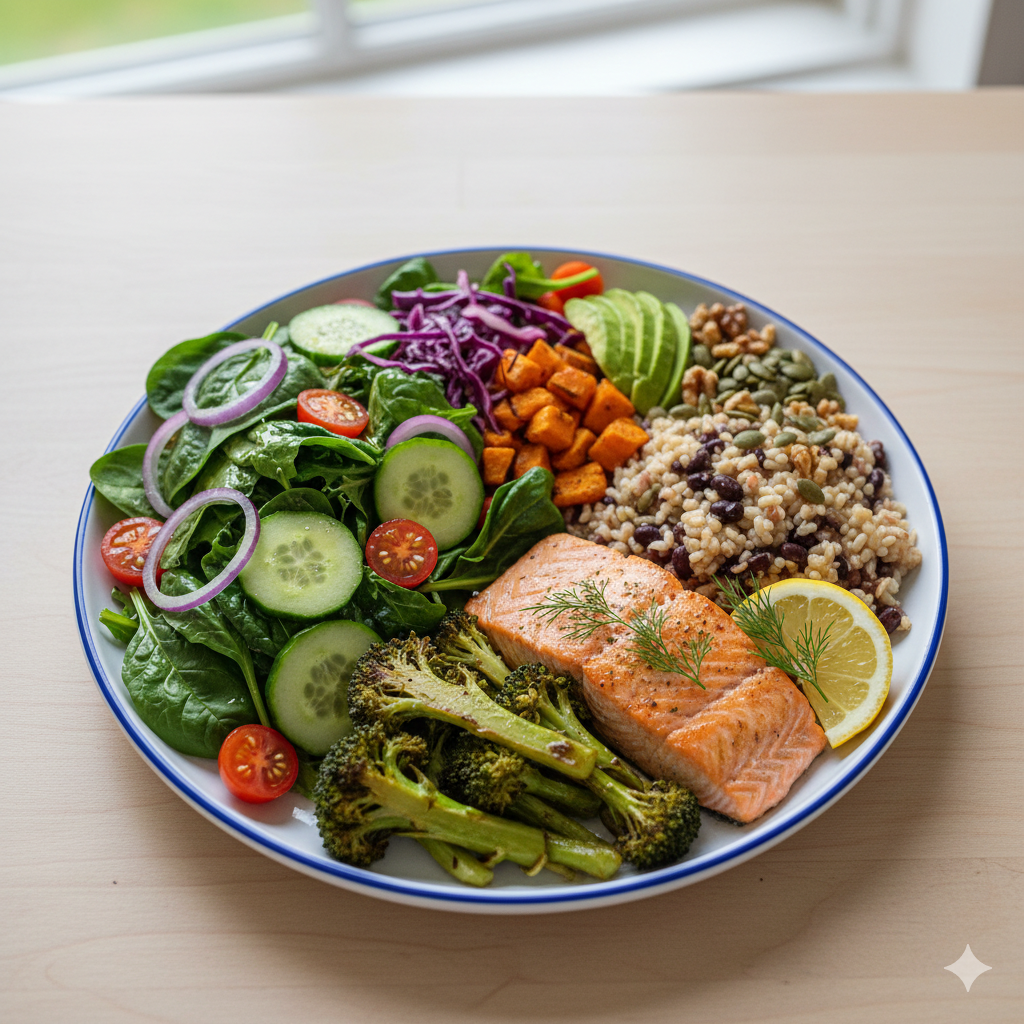Measurements Matter
January 3, 2022

At Axio Fitness, all of our clients start out with an assessment before we train them. Then, every six weeks, we do the same assessment to measure their progress.
Even though our clients mostly care about how they feel or how their clothes fit, we can learn a lot about their health and fitness from just a few simple measurements.
For example, we measure our client’s heart rate both while they are resting and while they are doing a controlled exercise. This tells us how fit their heart and lungs are, and how to properly train the clients with the proper exertion. Without this measurement, we don’t know what kind of cardiovascular shape our clients are in. And if we don’t have that information, we can risk sessions being too easy and a waste of time, or too hard which can cause other problems to occur.
Two additional measurements we do with clients are their body fat percentage and muscle percentage. Knowing a client’s body fat allows us to be real with them on their current health and their potential risks, and it allows us to hold them accountable to achieving or maintaining a healthy body fat percentage. There is a lot of research to support the claim that body fat can be a major factor to the body’s ability or inability to fight diseases.
Along with knowing your body fat percentage, it is important to know your muscle percentage. As we age or when we lack physical activity, we lose muscle. There are a lot of health risks associated with a low muscle percentage such as poor bone and joint health, malnutrition, and even cancer.
These are just a few of the measurements we track regularly with our clients. It is important for everyone to know and understand their body and their current health. If you have any questions or would like to learn more about our assessments, please contact us today!

Share Post
Our Recent Blogs




Leave a Reply
Your email address will not be published.
Required fields are marked *

